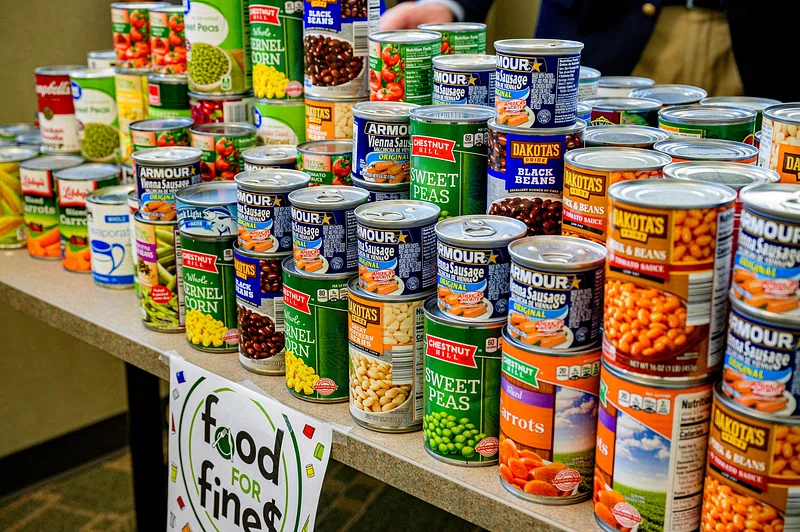History of Lemons

December 6, 2022
Okay, hear me out. We all love lemons, right? They’re such lovable fruits with a pretty shade of yellow that reminds us of the crossover of the summer and spring seasons. Lemons don’t taste sweet like all of the other basic fruits and berries, it has a unique taste considering all of its acidity. If a strawberry is sour, it isn’t ripe but when a lemon is, it is in the prime of its life. Lemons are the definition of ‘not like the other kids’ and ‘pretty privilege’. Yet, many people hate lemons. They say nonsense like, “Oh, it’s so sour”, “They’re so acidic”, “A lemon craving is a sign of iron deficiency and anemia”, “It’s not normal that you like lemons, you seriously need treatment.” To the haters I say, you don’t know what you’re missing out on’.
Humans hate lemons to the point where they made the phrase:
When life gives you lemons, make lemonade!
Why should I do that? Are you saying that lemons aren’t good enough? This discriminatory towards lemons shall not stand. I want change. Not just for the sake of the graceful and majestic fruit, the lemon, but also for our country. We need to be brave and take on a positive view of lemons, challenge our stereotypes and love lemons to our fullest extent.
If you’re with me, say aye!
Every single one of you says aye in agreement because you have no free will
Huzzah
Now, the moment we have all been waiting for, the history of lemons.
Lemons, or if you want to be fancy, citrus limon, comes from the plant family, Rutaceae. The lemon plant roots their origins in Asia, residing typically in India, Northern Myanmar and China. The juice from the lemon has been recorded to have 5%-6% on the acidity scale and they have a pH of 2.2. Lemons have vitamin C also known as the best vitamin to ever exist according to anyone. You can never have too much vitamin C.
Now that we have seen just the basics of a lemon’s medical data, let’s talk about all the amazing food items that consist of lemons. Hold on to your horses now because if you’ve ever been to a restaurant you’d know that before you order food, the waiter asks about drinks.
The drinks you can make out of lemons are the following:
- Lemonade
- Soda
- Cocktails
- Mocktails
- Lemonade x alcohol
- Limoncello
- I don’t know, make something up, they’re versatile.
Those are just the drinks that can be made. Don’t even get me started on the recipes (I’m doing it anyways). The most popular recipes are as listed:
- Lemon cake
- Lemon-ginger scones
- Lemon ripple cheesecake
- Lemon curd toast
- Lemon-buckwheat shortbread
- Lemon meringue pie
- Lemon pasta
- Lemon pudding
- Lemon curd tart
Lemons are so versatile it’s honestly magical. We know the drinks and the recipes they are in but there is no such thing as too much lemon so of course you can use it as a garnish. The beautiful fruit is a sight to behold.
Lemons are also known for being able to charge batteries, making invisible ink, decreasing melanin in hair (temporarily I suppose), stopping apples from browning, cleaning your hands after a meal and so much more.
Lemons symbolize love, purity and friendship in many cultures. They also can represent youth, high spiritual knowledge, and healing. How could you hate lemons when they deal with such noble meanings? It’s virtually impossible and don’t argue, because if we’re all being honest, nothing can even compare to a lemon.
Now, we’ve covered the basics of lemons including basic medical data, foods, uses and symbolism. I’m going to conclude this ted talk about my deep passion for them. But wait, don’t let my farewell confuse you, I can go for hours. If any of you guys want me to cover anything about them, I’ll do it.
Sources-
Wikipedia contributors. (2022, October 19). Lemon. In Wikipedia, The Free Encyclopedia. Retrieved 21:03, December 2, 2022, from https://en.wikipedia.org/w/index.php?title=Lemon&oldid=1117075522























Spencer • Dec 7, 2022 at 11:15 am
This is derogatory towards apples and our Great Lord, Applelus